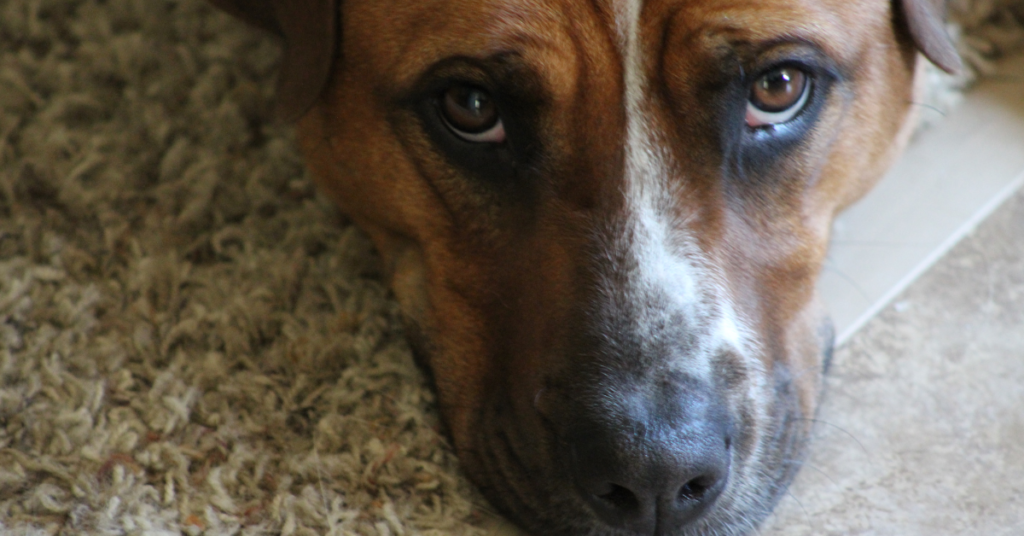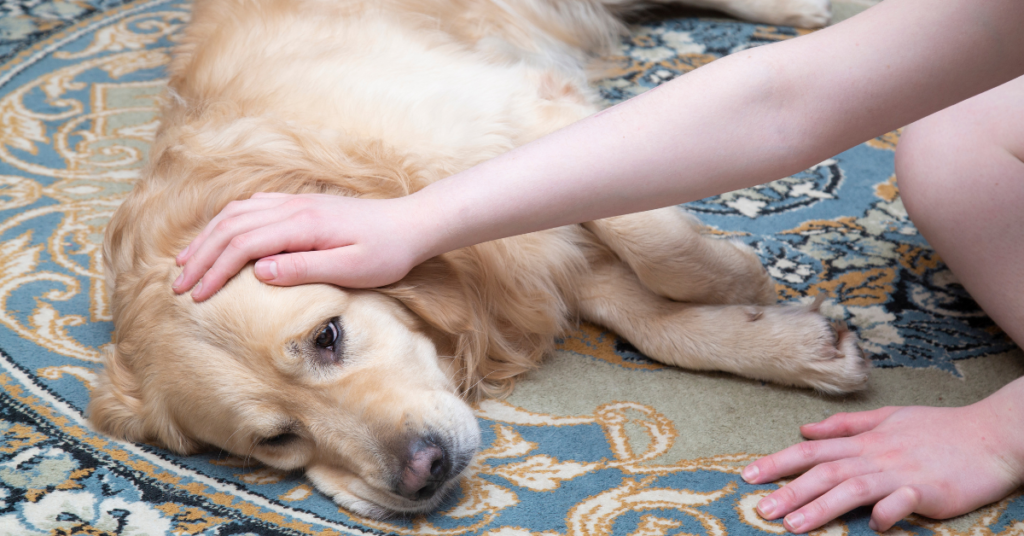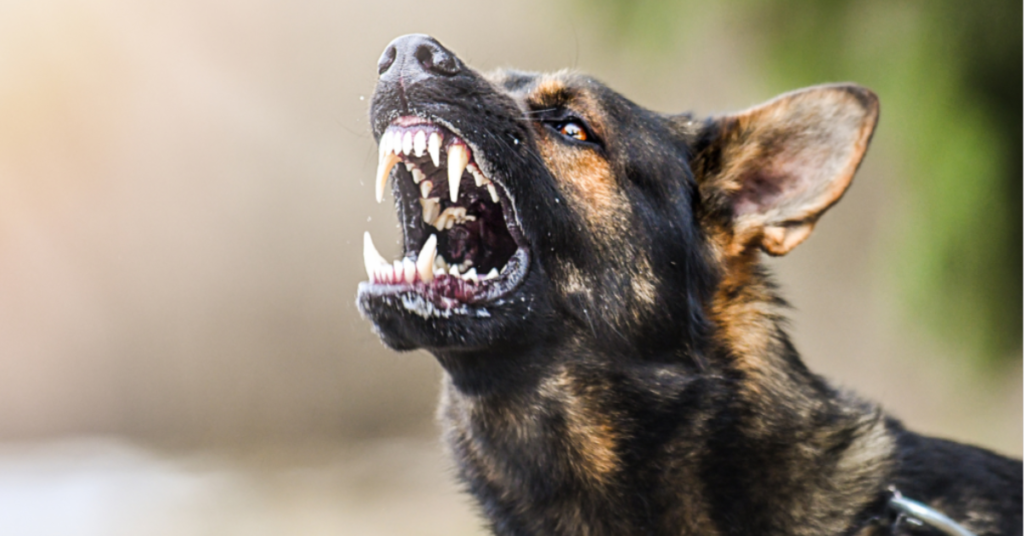Leptospirosis is a bacterial infection that affects dogs and other animals, including humans. It is caused by the bacteria of the genus Leptospira. This disease can be severe, leading to potentially fatal kidney and liver damage in dogs. The bacteria are typically found in water or soil and can infect dogs through direct contact with contaminated environments, usually in areas with standing water, such as ponds, lakes, or puddles.
*Disclaimer: This Post May Contain Affiliate Links. This Means That I Receive A Small Commission At No Extra Cost To You Should You Click Through And Make A Purchase. Learn More On My Policy Page
How Do Dogs Get Infected with Leptospirosis?

Dogs can become infected when they come into contact with urine from infected animals, which may contaminate water, soil, or surfaces.
Dogs may contract the bacteria by:
- Drinking or swimming in contaminated water.
- Walking through contaminated soil, especially where there is rodent activity.
- Coming into contact with infected animals, such as rats, raccoons, or livestock.
- Ingesting contaminated food.
What Are the Symptoms of Leptospirosis in Dogs?
Its symptoms in dogs can vary significantly.
Some dogs show mild or no symptoms, while others may experience severe illness.
Common symptoms include:
- Fever
- Vomiting
- Diarrhea
- Lethargy
- Loss of appetite
- Jaundice (yellowing of the skin or eyes)
- Increased thirst
- Frequent urination or lack of urination (sign of kidney damage)
- Muscle pain and stiffness
Can Leptospirosis be Fatal for Dogs?
Yes, if left untreated, it can lead to serious health complications in dogs.
It primarily affects the kidneys and liver, and in severe cases, it can cause kidney failure, liver failure, or even death.
Early detection and treatment are crucial to improving the dog’s chances of survival and preventing long-term organ damage.
How is Leptospirosis Diagnosed in Dogs?
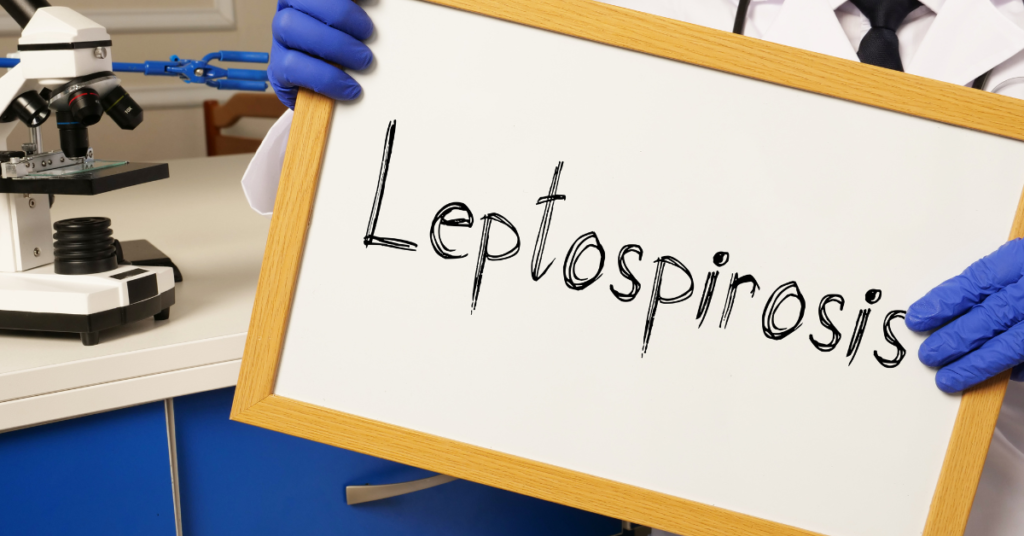
Diagnosing Leptospirosis involves a combination of clinical signs and laboratory tests. Your veterinarian may perform:
- Blood tests to check for organ function and infection markers.
- Urinalysis to detect the presence of the bacteria in the urine.
- Serological tests to identify antibodies against the Leptospira bacteria.
Early diagnosis is critical to manage the disease effectively and prevent severe complications.
What is the Treatment for Leptospirosis in Dogs?
The primary treatment involves antibiotics, typically doxycycline or penicillin, to eliminate the bacteria.
Supportive care may also be necessary to address organ damage or failure. This might include:
- Intravenous fluids to manage dehydration.
- Hospitalization for severe cases.
- Medications to control vomiting or other symptoms.
- Ongoing monitoring to ensure the kidneys and liver are functioning correctly.
Here are some products that can help you care for your dog with Leptospirosis:
- Immune System Support Supplements: Boost your dog’s immunity for better protection.
- Dog Crate for Isolation: Safely quarantine infected dogs during recovery.
- Dog Rehydration Electrolytes: Keep your dog hydrated during treatment.
- Digital Thermometers for Pets: Monitor your dog’s temperature for signs of fever.
Is Leptospirosis Contagious to Humans?
Yes, it is a zoonotic disease, meaning it can spread from animals to humans.
Humans can become infected through direct contact with the urine of an infected animal or contaminated water and soil.
Practicing good hygiene, wearing protective gear when handling your dog, and avoiding contaminated water sources are essential steps in preventing the spread of this disease to humans.
How Can Leptospirosis Be Prevented in Dogs?
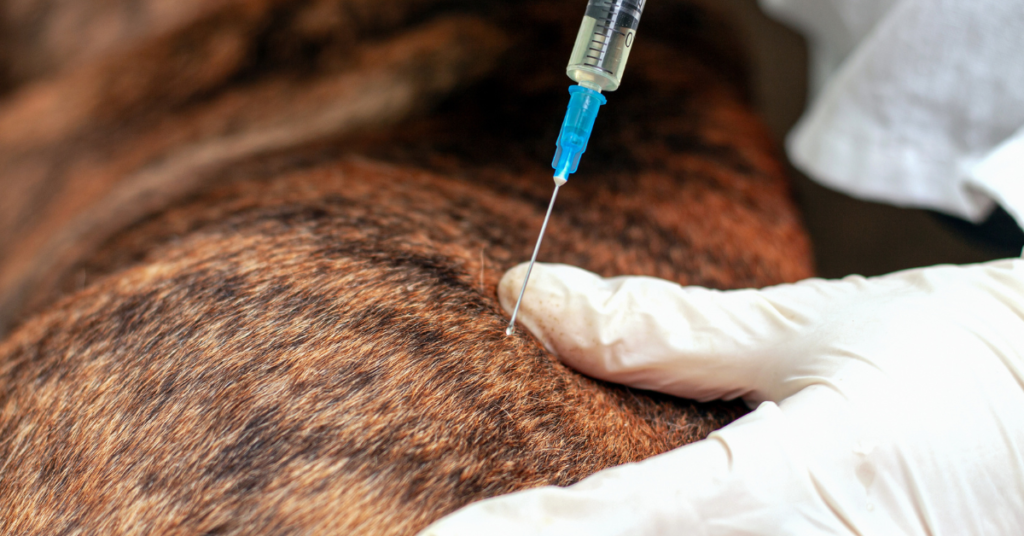
Preventing Leptospirosis involves a combination of vaccination and reducing exposure to contaminated environments. Here are some preventive measures:
- Vaccinate your dog against Leptospirosis. There are vaccines available to protect against the most common strains of the bacteria.
- Avoid stagnant water sources where the bacteria may thrive, such as ponds, puddles, and lakes.
- Control rodent populations around your home or yard to reduce the chance of contamination.
- If your dog has been in an area where Leptospirosis is common, monitor them closely for symptoms.
Should I Vaccinate My Dog Against Leptospirosis?
This vaccine is not part of the core vaccines for dogs but is recommended in areas where the disease is prevalent.
Discuss with your veterinarian whether your dog should be vaccinated based on their lifestyle and the geographic region where you live.
Dogs that are at higher risk, such as those who spend time in rural or wooded areas or near water bodies, may benefit the most from vaccination.
What Areas Are High-Risk for Leptospirosis in Dogs?
Leptospirosis is more commonly found in areas with warm climates and high rainfall.
Rural areas, urban environments with rodent problems, and places with poor drainage are high-risk zones.
Additionally, flood-prone regions and areas near wildlife or livestock are also considered at higher risk for this disease.
Check with your vet if you are in an area with frequent Leptospirosis cases to learn about preventive measures.
How Does the Leptospirosis Vaccine Work?
The Leptospirosis vaccine works by stimulating the dog’s immune system to produce antibodies against the Leptospira bacteria.
It helps protect against the strains that are most commonly found in infected areas. Vaccines usually require two initial doses and then an annual booster to maintain immunity.
It’s important to remember that no vaccine is 100% effective, but it can significantly reduce the risk of infection and the severity of the disease.
How Long Does It Take for a Dog to Recover from Leptospirosis?
The recovery time depends on the severity of the infection.
Mild cases may resolve within a few weeks, while more severe cases, especially those involving organ damage, can take months for full recovery.
Dogs with kidney or liver damage may require long-term treatment and regular monitoring by a veterinarian.
What Should I Do If I Suspect My Dog Has Leptospirosis?

If you suspect your dog may have contracted Leptospirosis, it’s crucial to seek veterinary care immediately.
Early treatment with antibiotics can improve the chances of a full recovery and prevent the disease from spreading to other animals or humans.
- Isolate your dog from other pets and family members to reduce the risk of transmission.
- Wear gloves when cleaning up your dog’s urine or feces and disinfect any areas where your dog may have urinated.
Conclusion
Leptospirosis is a serious and potentially life-threatening disease for dogs.
By being proactive in prevention, such as vaccinating your dog, avoiding high-risk areas, and monitoring for symptoms, you can significantly reduce your dog’s risk of infection.
Always consult your veterinarian for advice tailored to your dog’s specific needs.
Encourage regular vet check-ups and stay informed about any outbreaks or increased cases in your region. For more detailed information, check out resources like the Centers for Disease Control.



